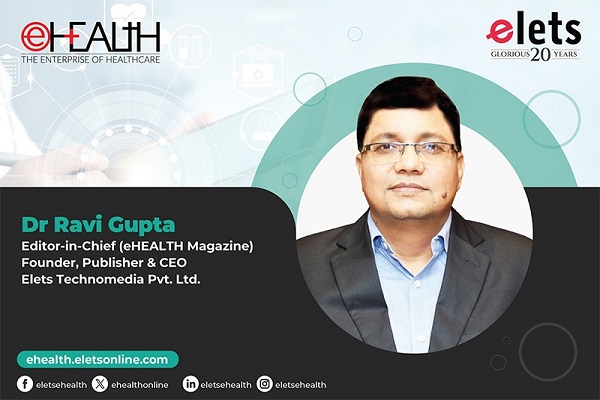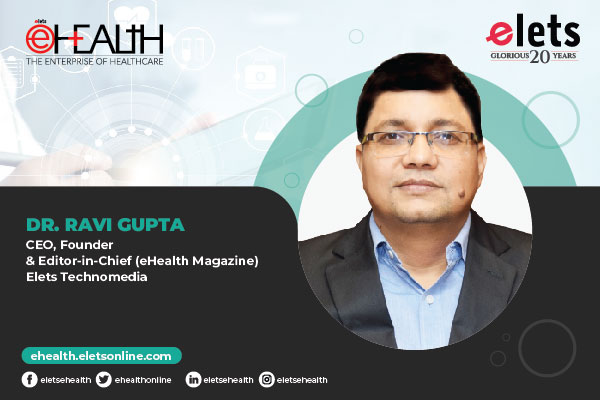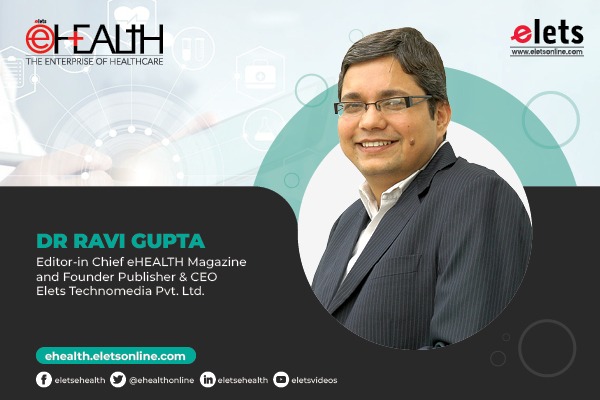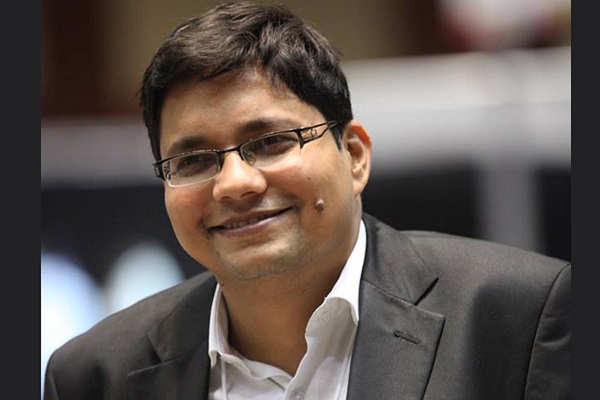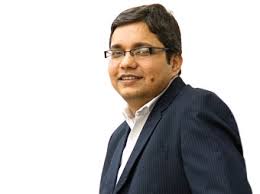
 The crumbling public healthcare sector in the country has been a point of concern for long and has been the primary driving force behind the growth of the private healthcare facilities and services in the country. According to the recent NSS health survey, over 70% of rural and urban Indians get themselves treated at private sector facilities. The lack of physical and human infrastructure in rural healthcare has been the stumbling block in the growth of the public healthcare facilities in the country, leaving patients no choice but to opt for increasing out-of-pocket expenses while seeking out private healthcare services.
The crumbling public healthcare sector in the country has been a point of concern for long and has been the primary driving force behind the growth of the private healthcare facilities and services in the country. According to the recent NSS health survey, over 70% of rural and urban Indians get themselves treated at private sector facilities. The lack of physical and human infrastructure in rural healthcare has been the stumbling block in the growth of the public healthcare facilities in the country, leaving patients no choice but to opt for increasing out-of-pocket expenses while seeking out private healthcare services.
The paucity of funds with the public sector has been a worrying factor, a point we have highlighted in our previous issues as well. Statistics reveal that India has just spent 1.3 per cent of its GDP in 2013 on public healthcare as compared to some of Indias BRICS peers that spend much more”Brazil and China spent 4.7% and 3.1% of their GDP respectively.

There is a growing need to make affordable healthcare facilities reach out to the masses. And in our bid to facilitate this initiative, the Healthcare Summit at Rajasthan will look to deliberate, discuss and provide a knowledge sharing platform with active participation from the healthcare fraternity from many states of the country and the healthcare corporate sector. With over 50 healthcare experts from a crosssection of the society present and discussions ranging on PPP for public health to best healthcare practices in India, the summit will also look at the key healthcare initiatives in Rajasthan that have set a benchmark to follow. Why Rajasthan gains such importance in the healthcare sector is because of the proactive nature of the state government in implementing healthcare reforms and reaching out to the poorest of the poor.
In some of the recent noteworthy initiatives in the state, Some of Primary Health Centres (PHCs) in Rajasthan will now run in the Public-Private Partnership (PPP) mode. The move would be undertaken in phases, and in the first phase, 90 out of 2,082 PHCs would be handed over to be run in the PPP mode. Also, the Rajasthan government will distribute free sanitary napkins to adolescent girls in the state in the age group 13-19 years studying in class 6 to 12 under Rajasthan Kishori Swasthya Evum Swachhata Karyakram. The state has provided landmark and inspiring models to follow for the other states as well. Its ASHA Soft initiative, an online system which facilitates the user to capture beneficiary wise details of services given by ASHA to the community, online payment of ASHA to their bank accounts and generate various kinds of reports to monitor the progress of the programme has inspired many other states.
Other noteworthy initiatives include e-Aushadhi, a web based application which deals with the management of stock of various drugs, sutures and surgical items required by different district drug warehouses of Rajasthan state. The state also has an Integrated System for Monitoring of PCPNDT Act (IMPACT) Software that provides online surveillance system of government for prevention of sex determination to save girl child. The web based Software IMPACT was launched on October 1, 2012 by the Medical Health & Family welfare department.

With the thread of IT swing all the initiatives together, our special July issue brings forth the significant contribution and impact IT has made in the healthcare sector and the avenues it has opened for the industry. We hope you find the articles and stories as interesting as we found them while compiling this special issue.
Be a part of Elets Collaborative Initiatives. Join Us for Upcoming Events and explore business opportunities. Like us on Facebook , connect with us on LinkedIn and follow us on Twitter , Instagram.


